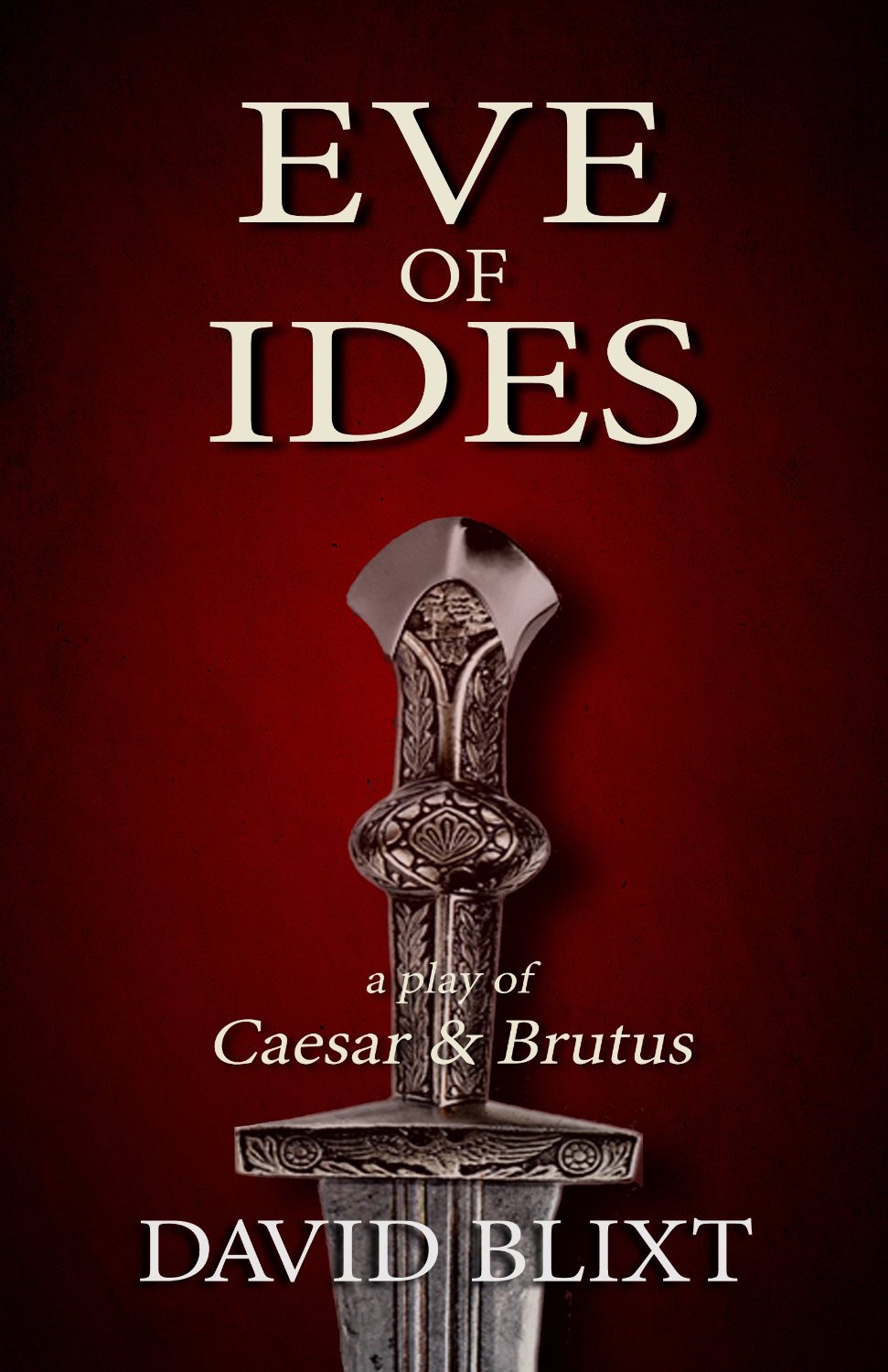On this day in 49 BC, Gaius Julius Caesar led a single legion, the Legio XIII Gemina, south over the Rubicon from Cisalpine Gaul to invade Italy. His own country.
I never think of this as happening in January, though it was just at the start of the Roman New Year. But the seasons were out of joint with the calendar, something Caesar Dictator would eventually rectify, giving us the Julian Calendar. So it was spring, not winter, when Caesar crossed the waters of the River Rubico.
While we naturally focus on the Ides of March to remember Caesar, this is the day that broke the Roman Republic. Pompey and Cato had forced Caesar to an impasse – either relinquish his rights and submit himself to trial for exceeding his authority in the Gallic Wars (which they accused him, with justice, of starting), or wage war on his own country.
For a man obsessed with his own dignitas, his personal share of honor and worth, it was never a choice. Yet the action of rebellion was not natural to him, and he first tried every legal means to beat his senatorial foes before resorting to the sword. Proving, to me at least, that marching on his country was an action he bitterly regretted, even as it happened.
From my play EVE OF IDES:
BRUTUS
You have regrets? I thought you were impervious to them.
CAESAR
Hardly. (beat) You know, in a way the Rubicon was Cato’s greatest victory. In that moment, I lost something. I felt it go, like a broken thing inside me.
BRUTUS
What was it?
CAESAR
A dream. My dream. Of being the greatest Roman of all time.
BRUTUS
You think you’re not?
CAESAR
Not the way I wanted. Until that moment, I had done everything properly. Served in the right number of campaigns, held every office in the proper year. I wanted to be consul a second time, then censor, then the elder statesman, possibly even Leader of the Senate. Primus inter pares. The first among equals.
BRUTUS
Now you are a god in Ephasus, a king in Aegypt, and Dictator of Rome. Undisputed ruler of the world. It’s not enough?
CAESAR
Too much… (shaking off his grim thoughts) I must thank Lepidus. This may be the best dinner conversation I’ve had in years.
According to Suetonius, Caesar uttered the famous phrase "ALEA IACTA EST" ("the die is cast"). From another point in the play, when Brutus is contemplating his own end:
BRUTUS
….What was it you said when you crossed the Rubicon? "The die is cast."
CAESAR
That's not what I said.
BRUTUS
No?
CAESAR
Far too fatalistic. I was quoting Menander. Anerriphtho kubos. “Let the dice fly high!” I embrace risk.
BRUTUS
While I resign myself to fate.
For more, pick up a copy of EVE OF IDES. 
SYNOPSIS: The night before his assassination at the hands of conspirators, Julius Caesar attended a feast. With him were Brutus, Cassius, and Antony. During the meal, Caesar was asked what he thought was the best way to die. Caesar answered, 'What does it matter, so long as it's quick?' Based on history and the works of Shakespeare, Eve Of Ides reveals the unexplored relationship between the main players of the age – Caesar, Brutus, and Antony.

